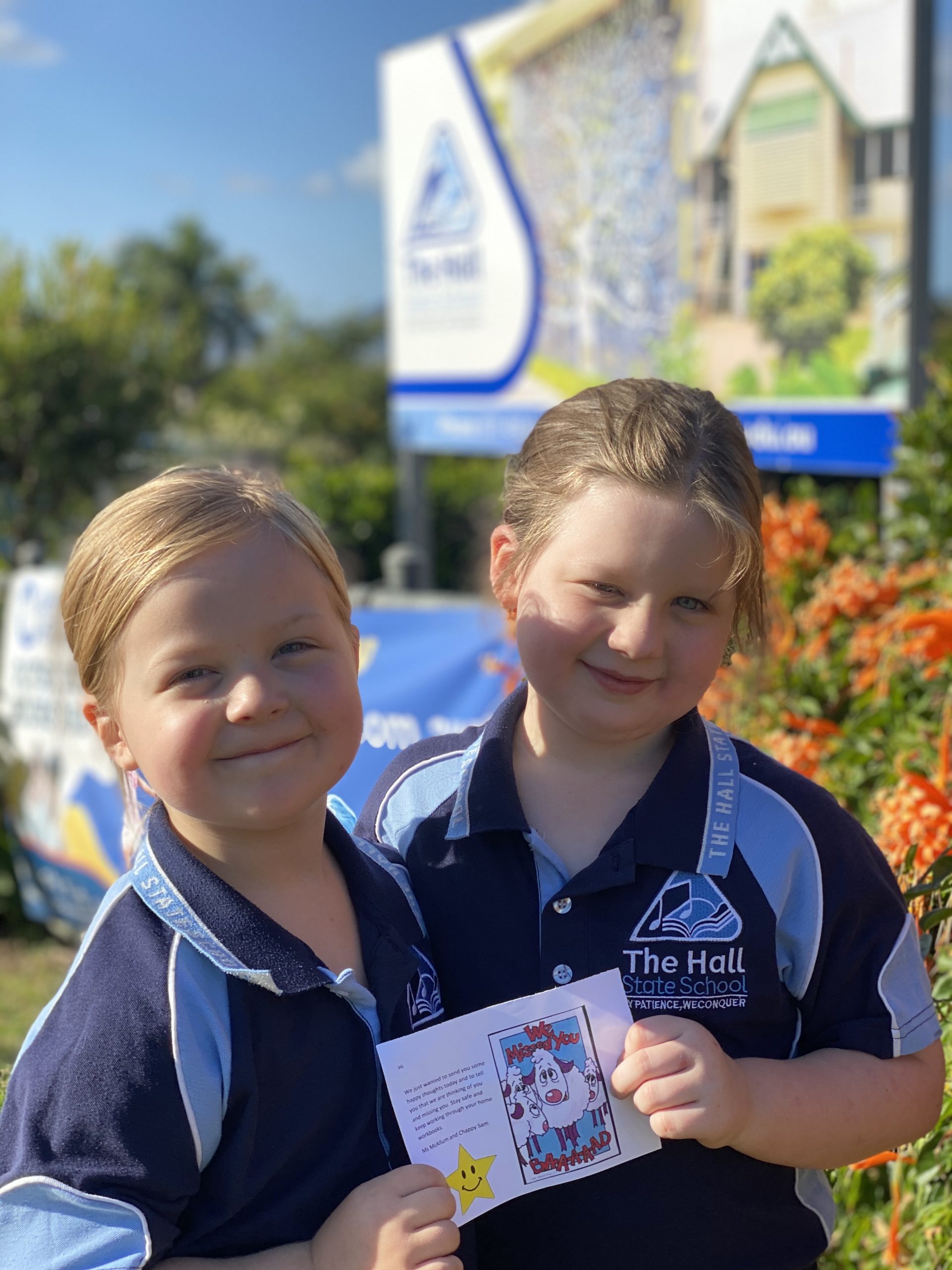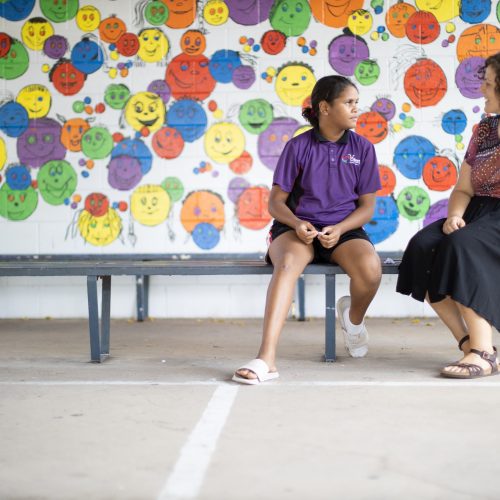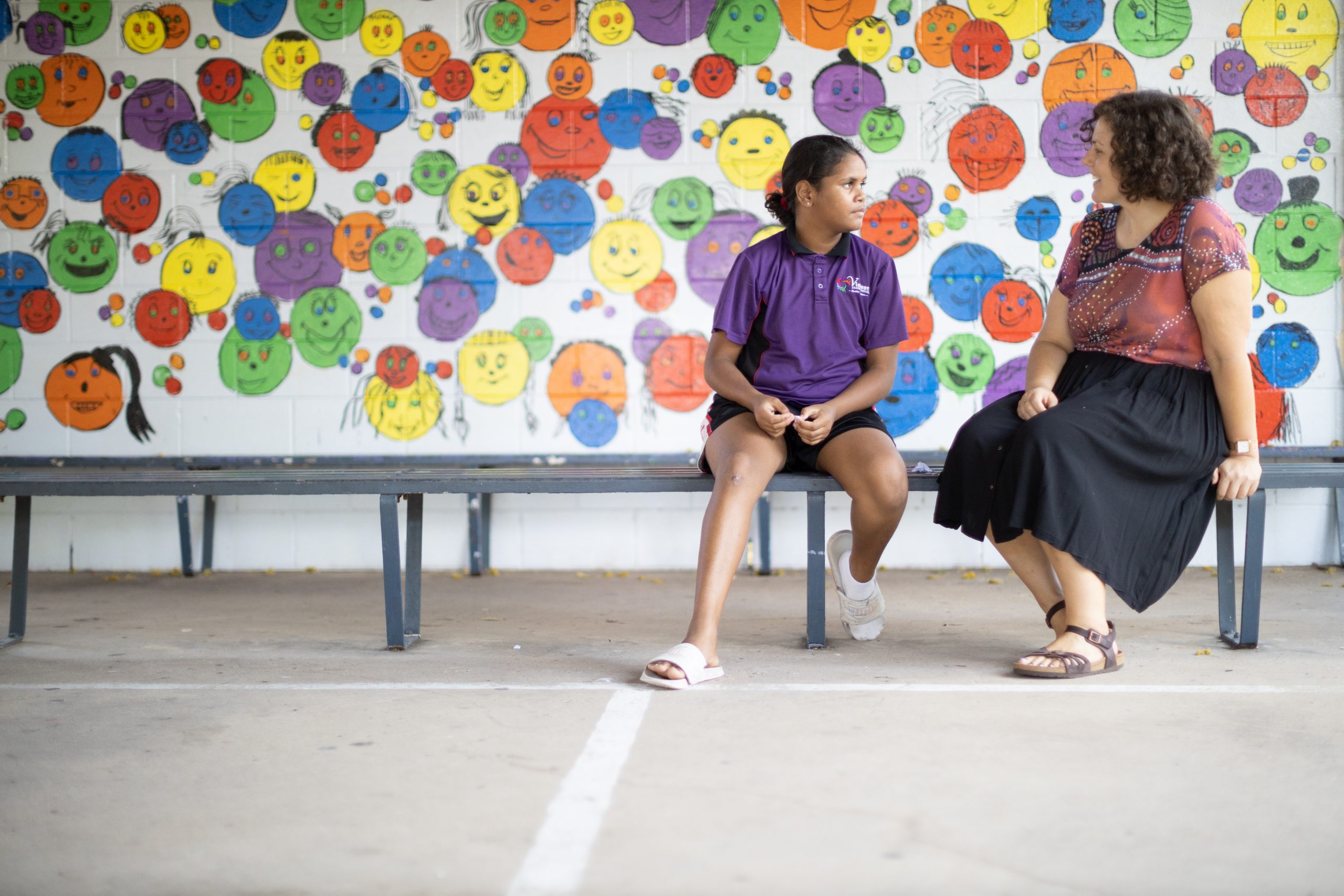
What Michael Jordan taught me about ministry
Over my recent holidays I watched The Last Dance, a documentary about the Chicago Bulls basketball team that dominated the NBA (the highest-level basketball league in the world) throughout…

Over my recent holidays I watched The Last Dance, a documentary about the Chicago Bulls basketball team that dominated the NBA (the highest-level basketball league in the world) throughout the 1990s.
At the heart of this story about one of the most successful franchises in basketball history, there lies another story – the story of their star player (and arguably the world’s greatest ever basketballer) Michael Jordan.
I have to confess, I’ve never been a big basketball fan, but I love sport. It took me just one minute of that first episode and I was hooked.
What stood out to me as I watched was the relentless determination that Michael Jordan had to be the best. It was this pursuit of excellence that led Michael to put in hours and hours of training.
“I’m not out there sweating for three hours every day just to find out what it feels like to sweat.” Michael Jordan
As I kept watching I couldn’t help but think of my role as a camps specialist with SU QLD. There’s a lot of fun when it comes to camping and schoolies events, but behind all that I spend a lot of time training people.
I’ve lost count of the times I’ve heard camp leaders say, “but I did training last year” or “I’ve covered this material before” and “do I really need to do this again?”.
When I hear these questions, I certainly understand the frustrations behind them. We don’t get involved in camps to do training, we do it because it’s exciting, fun and a great way to help young people grow in their Christian faith. But without training, without preparation, we’re not setting ourselves up for success.
In the field of children’s ministry and youth work, training can sometimes look similar or cover similar topics. But what I’ve discovered over the years is that every situation, small group and circumstance requires different adaptations of the same skills.
When we attend training with a group of peers, we have the opportunity to share ideas and challenge the way we currently support the next generation – so we can do it better.
If you already have the perfect youth and children’s program, please send me a copy. But if you’re not there yet, I’d like to share my top reasons for making training a priority:
- Every setting requires something different. There are many ways of doing youth and children’s work and each organisation you are part of will have different reporting systems and ways of doing things. We may feel the content is the same, but the outworking could be very different
- Look for ‘the new’ in each training. As we grow in experience we tend to understand concepts on a deeper level. Your training from three years ago may have a completely new outworking when you hear it after you’ve had three years of experience to bring to the table.
- Training is done better together. Sometimes the most important part of a training event is not the content delivered, but the conversation you have over a biscuit and tea with another team member about what you have just heard. Fellowship with other leaders can be a huge growth contributor.
- As people who work in children and youth ministry, who understand that each and every young person matters deeply to God and deserves a safe and meaningful life, we need to be passionate about training and ensuring that our young people are safe (it’s also a requirement that has come out of the Royal Commission).
- Your experience will add to the content. Whenever I deliver training material I always assume there is someone in the room who could know something about our topic that I don’t know. Your input, stories, and wisdom in training is just as valuable to the group as the content from the person delivering the training.
Michael Jordan’s relentless pursuit of excellence led to his name being known by millions of people around the world. But how much better would it be to know that through your relentless pursuit of excellence that you could make an eternal and life-transforming difference in the lives of the young people you lead on your next camp.
Get trained in 2021 by attending Amplify Conference on Saturday 6 March. Click here to find out more: www.amplifyconference.com.au
—
About the author…
 Beavs is a former High School Maths and Christian Education Teacher who has been working and volunteering with SU QLD Camps for almost 20 years. As Camps Specialist he supports volunteers and chaplains run camps and community outreach events throughout Queensland, reaching over 4500 young people. Beavs is married with 3 children, and loves coffee and watching sport.
Beavs is a former High School Maths and Christian Education Teacher who has been working and volunteering with SU QLD Camps for almost 20 years. As Camps Specialist he supports volunteers and chaplains run camps and community outreach events throughout Queensland, reaching over 4500 young people. Beavs is married with 3 children, and loves coffee and watching sport.
Posted: 18/02/2021


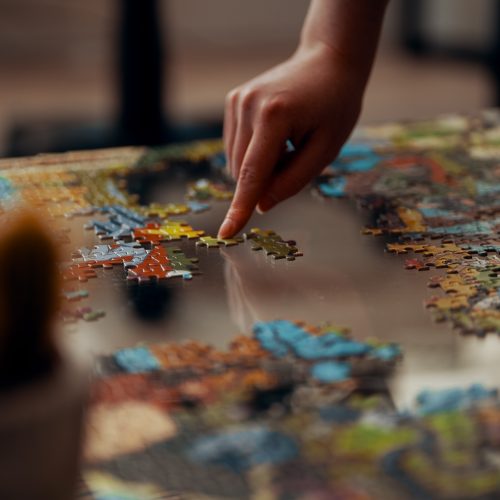
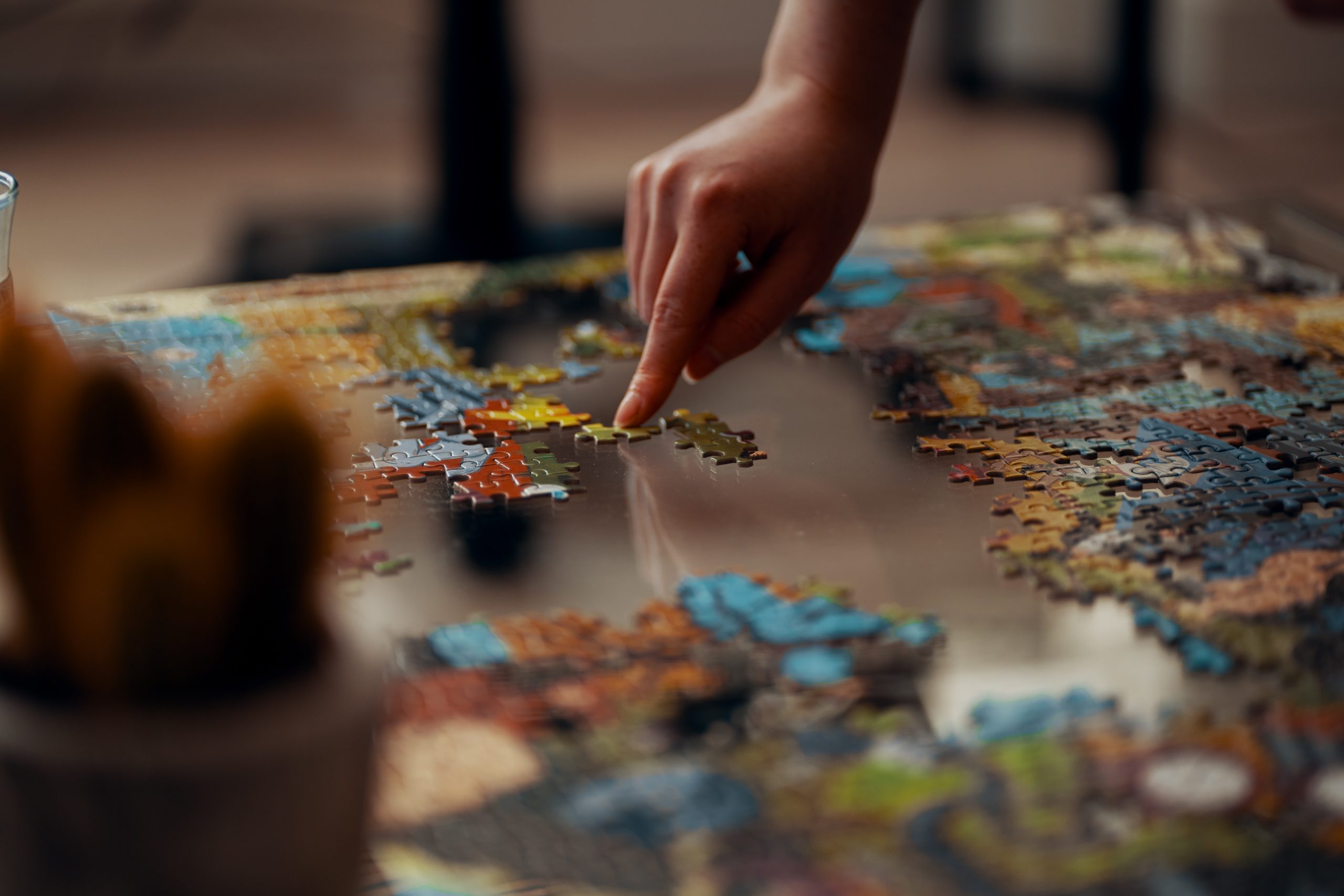
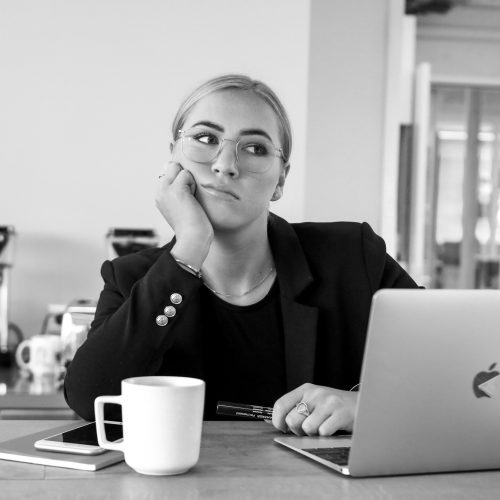

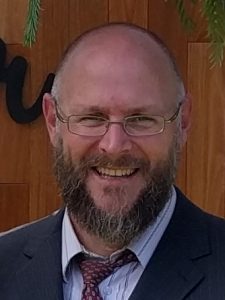 Steve has over 30 years experience in school, community and church-based youth work. He is currently working as the Training & Development Manager at SU QLD, overseeing teams that deliver training and produce resources for SU QLD staff and volunteers. He holds post-graduate qualifications in Social Work, Politics & Government, and Christian Studies.
Steve has over 30 years experience in school, community and church-based youth work. He is currently working as the Training & Development Manager at SU QLD, overseeing teams that deliver training and produce resources for SU QLD staff and volunteers. He holds post-graduate qualifications in Social Work, Politics & Government, and Christian Studies.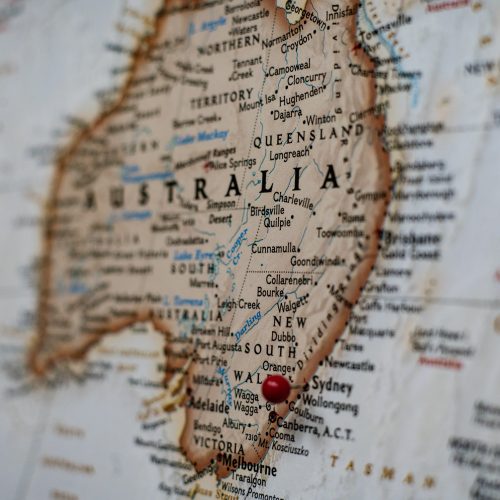
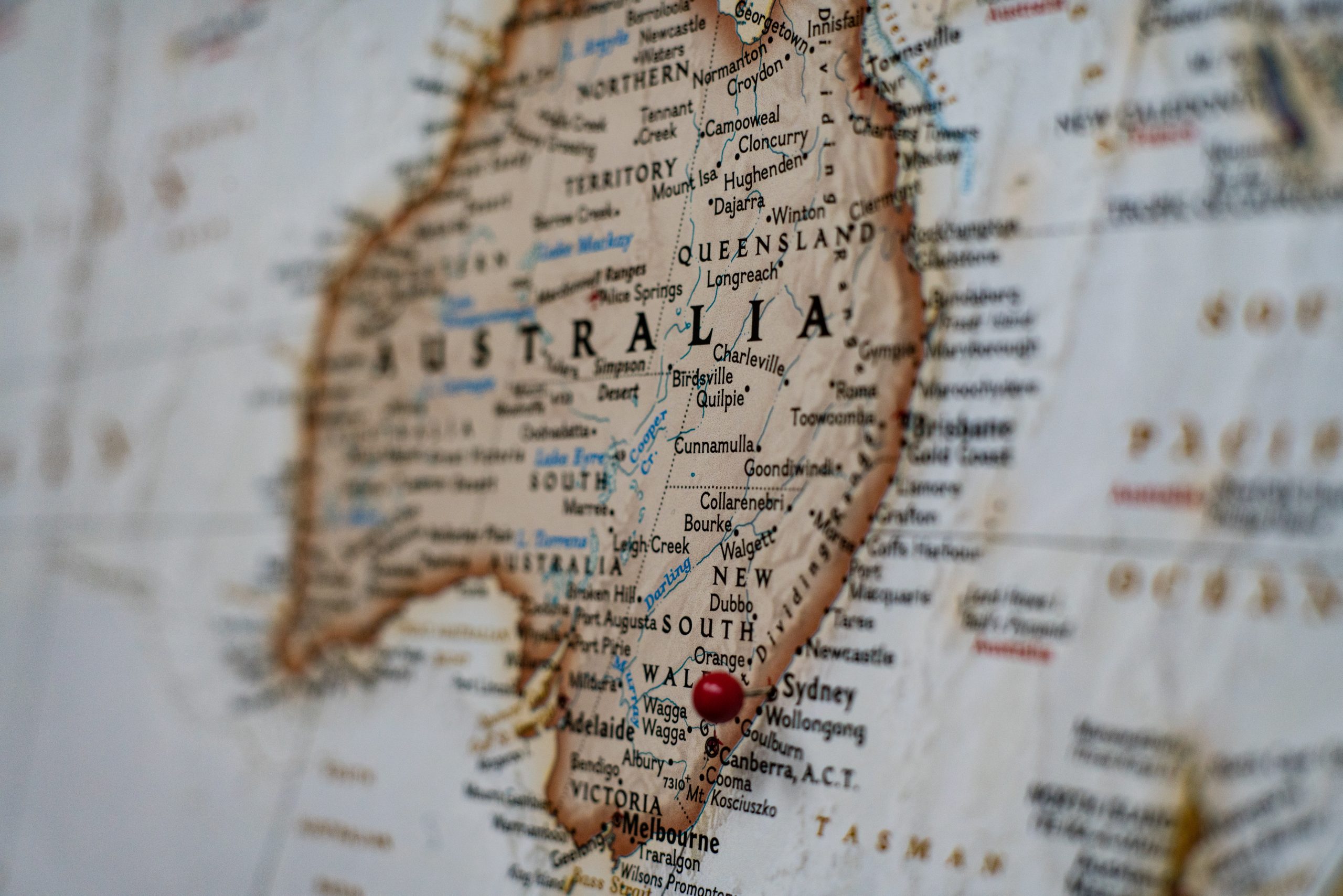
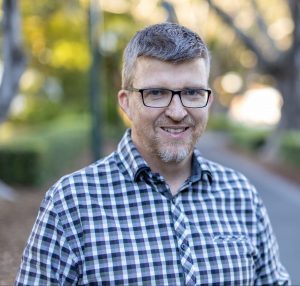 Tim works in Cross-Cultural Innovations for SU, seeking to foster vibrant ministry with people of minority cultures and other faiths. Prior to this Tim spent 8 years with The Feast in the UK, engaging youth of different faiths, and 10 years in various roles with SU Qld.
Tim works in Cross-Cultural Innovations for SU, seeking to foster vibrant ministry with people of minority cultures and other faiths. Prior to this Tim spent 8 years with The Feast in the UK, engaging youth of different faiths, and 10 years in various roles with SU Qld. 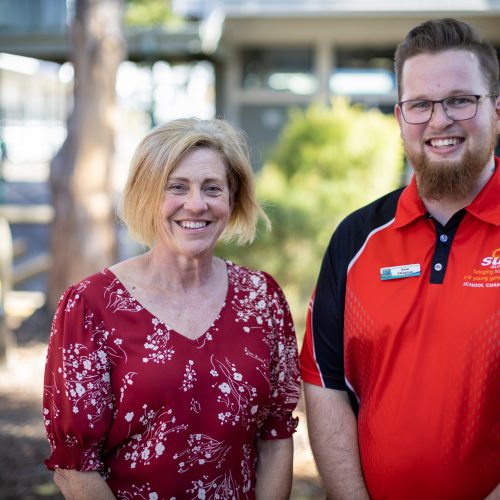
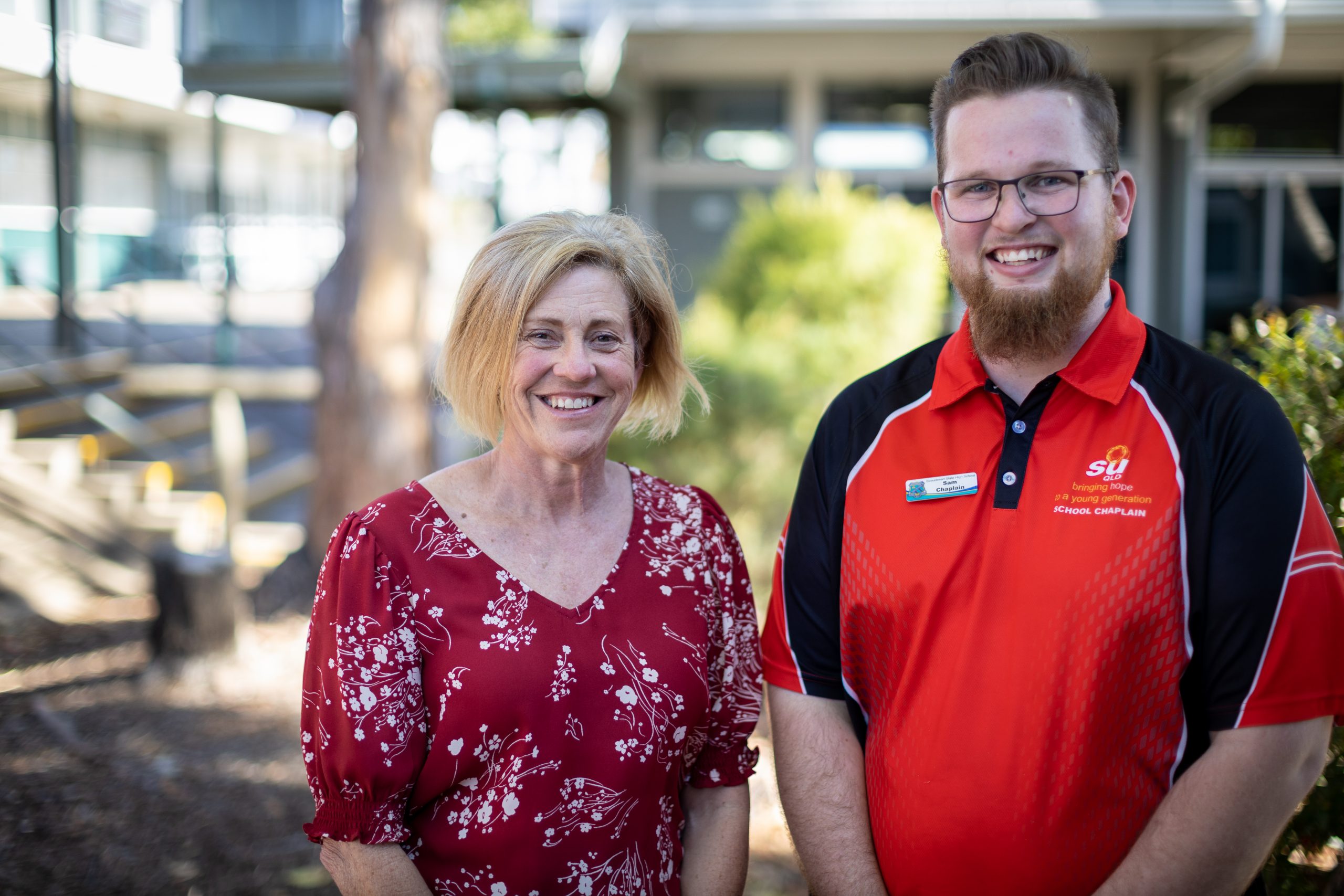
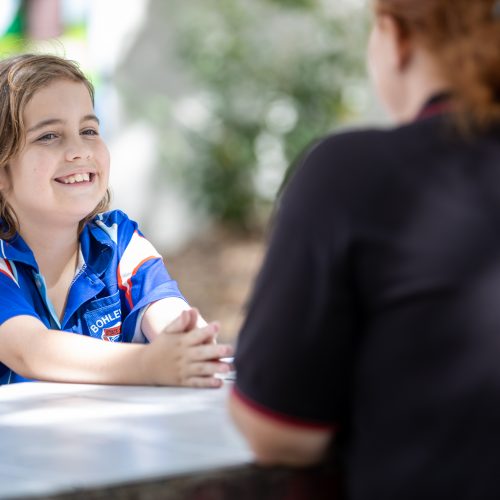
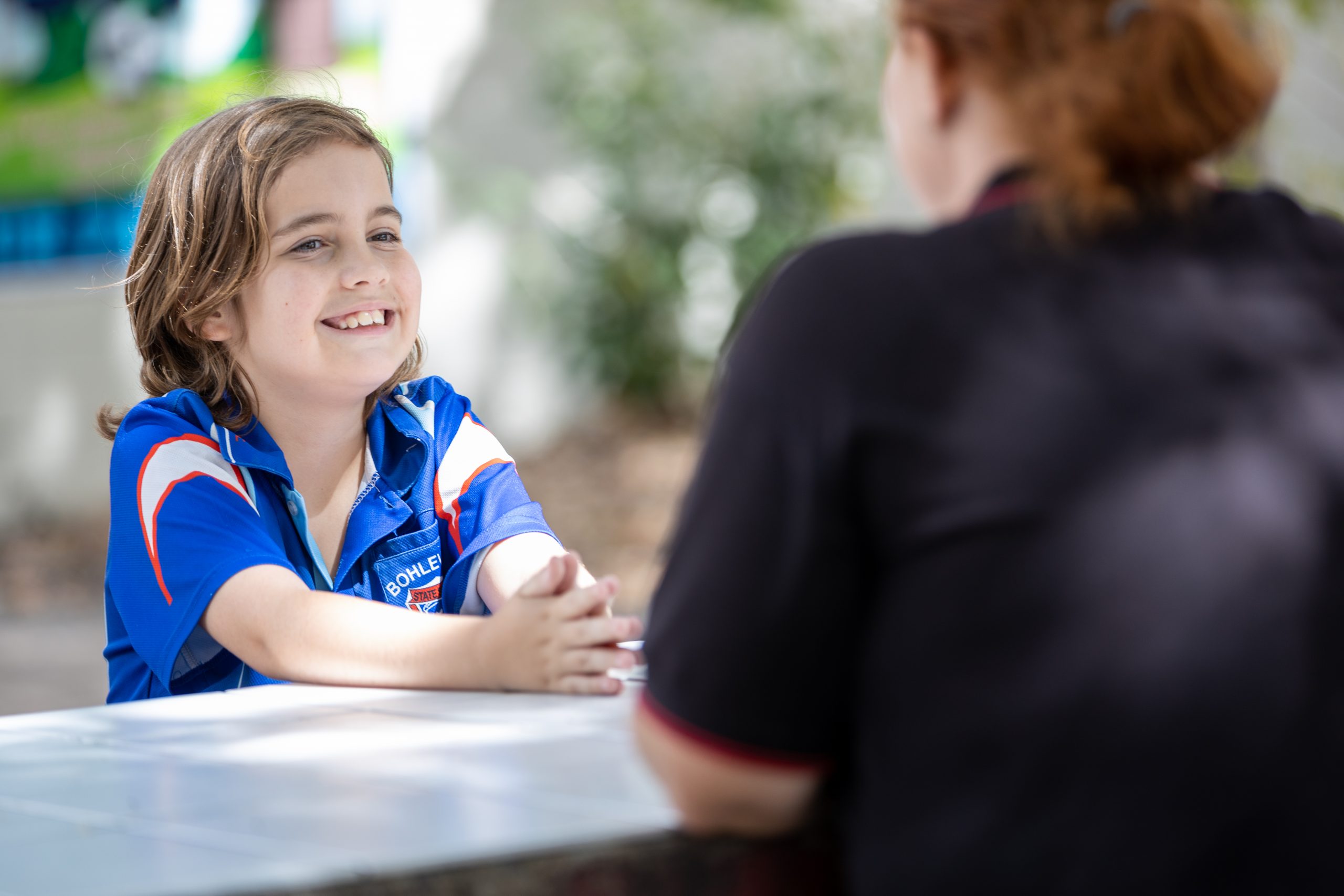
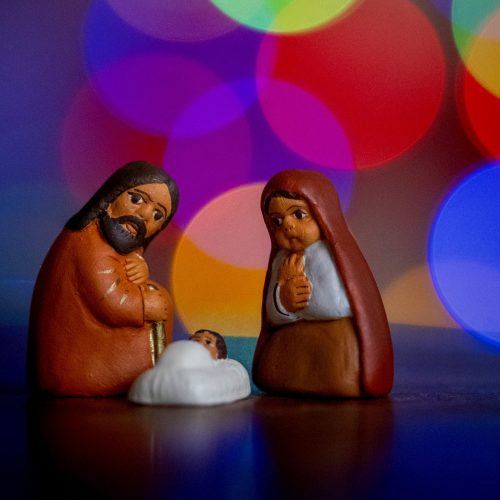
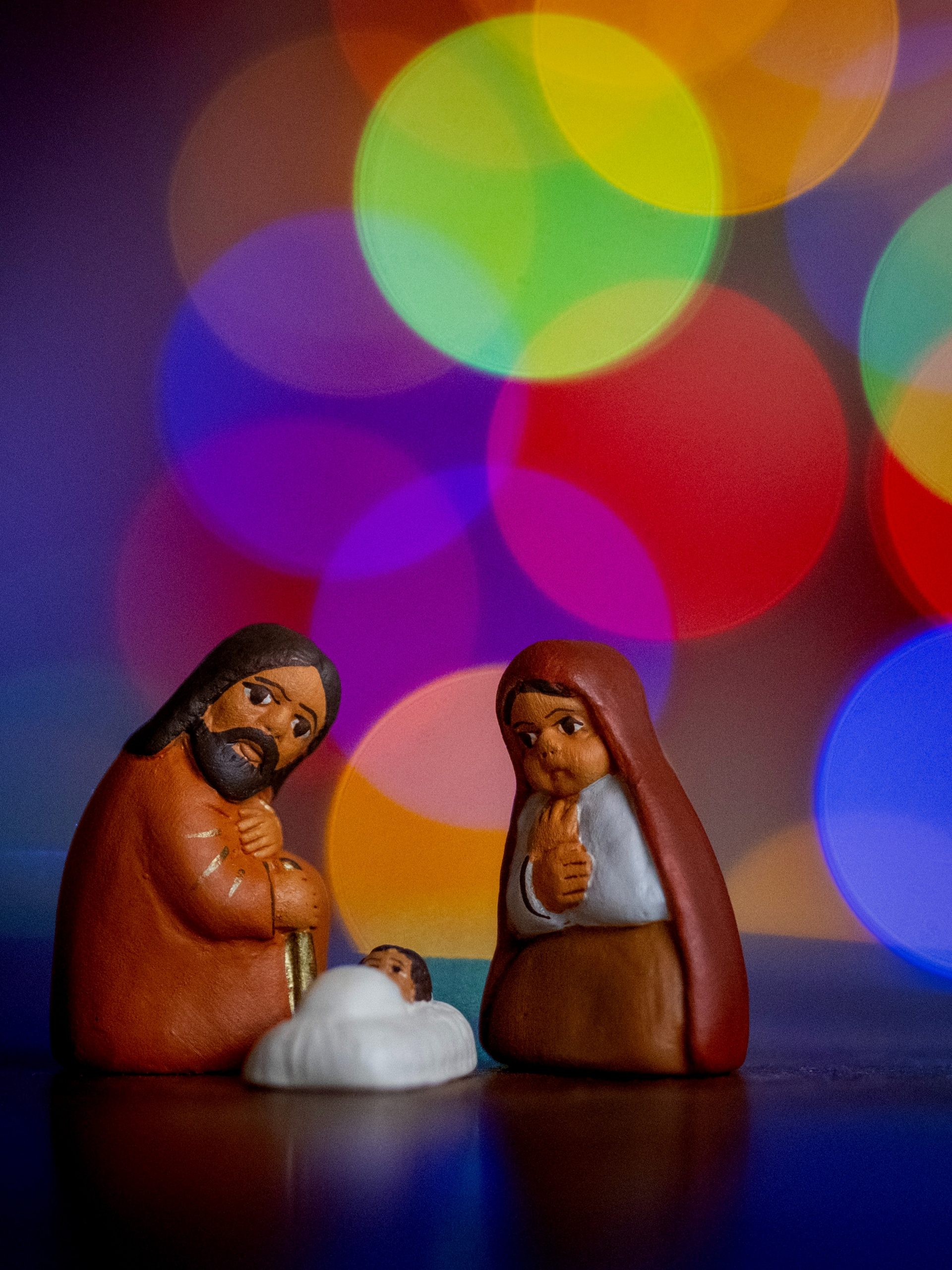
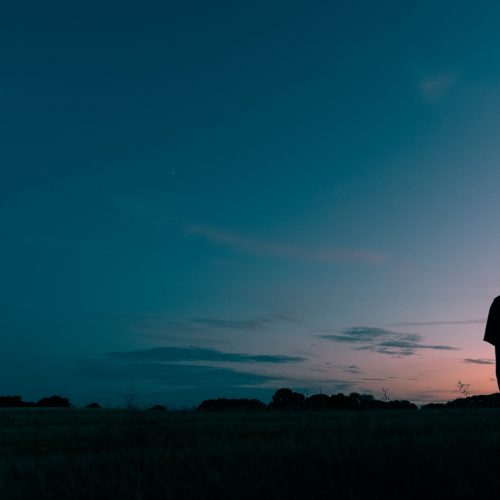
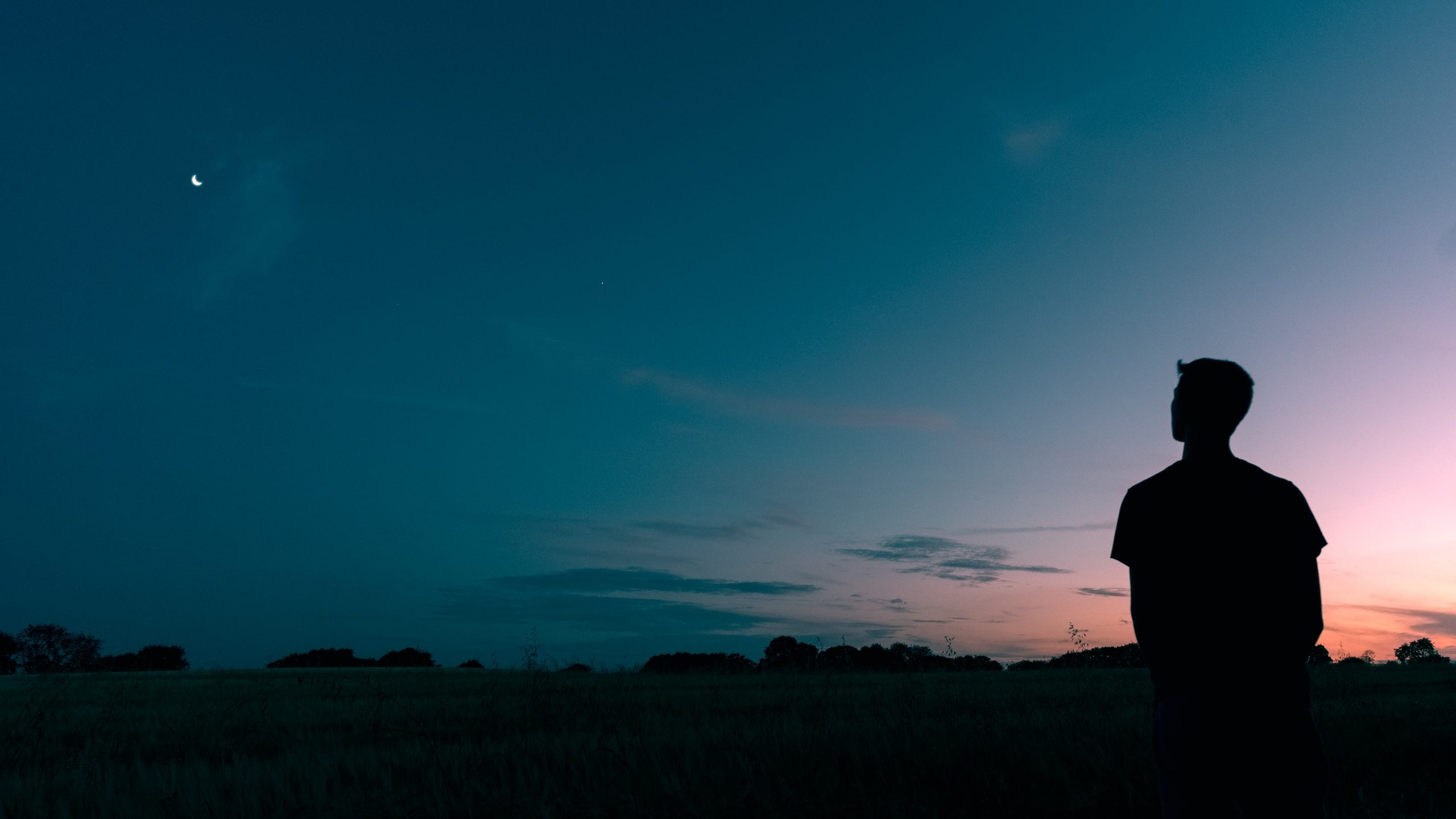
 Jane has been involved with SU Camps and Community Outreaches for 15 years. She has experience working as a chaplain and has a background in nursing. Jane currently works as the Camp Specialist for SU QLD, overseeing the camps and missions across Queensland.
Jane has been involved with SU Camps and Community Outreaches for 15 years. She has experience working as a chaplain and has a background in nursing. Jane currently works as the Camp Specialist for SU QLD, overseeing the camps and missions across Queensland.
